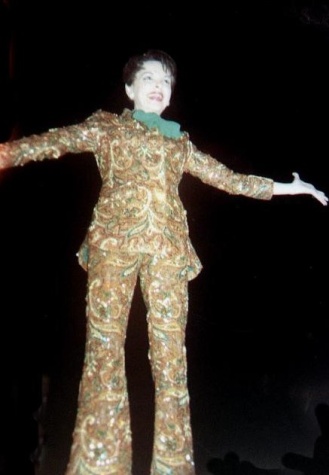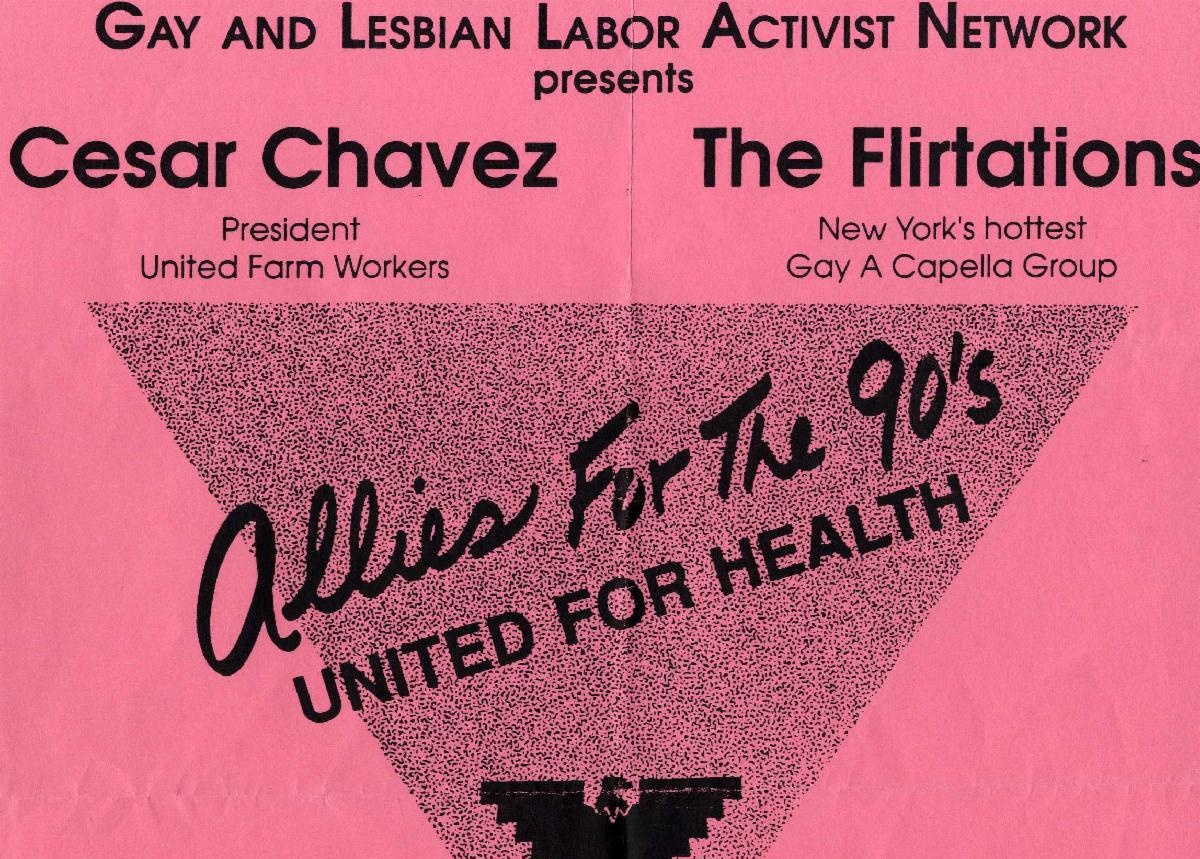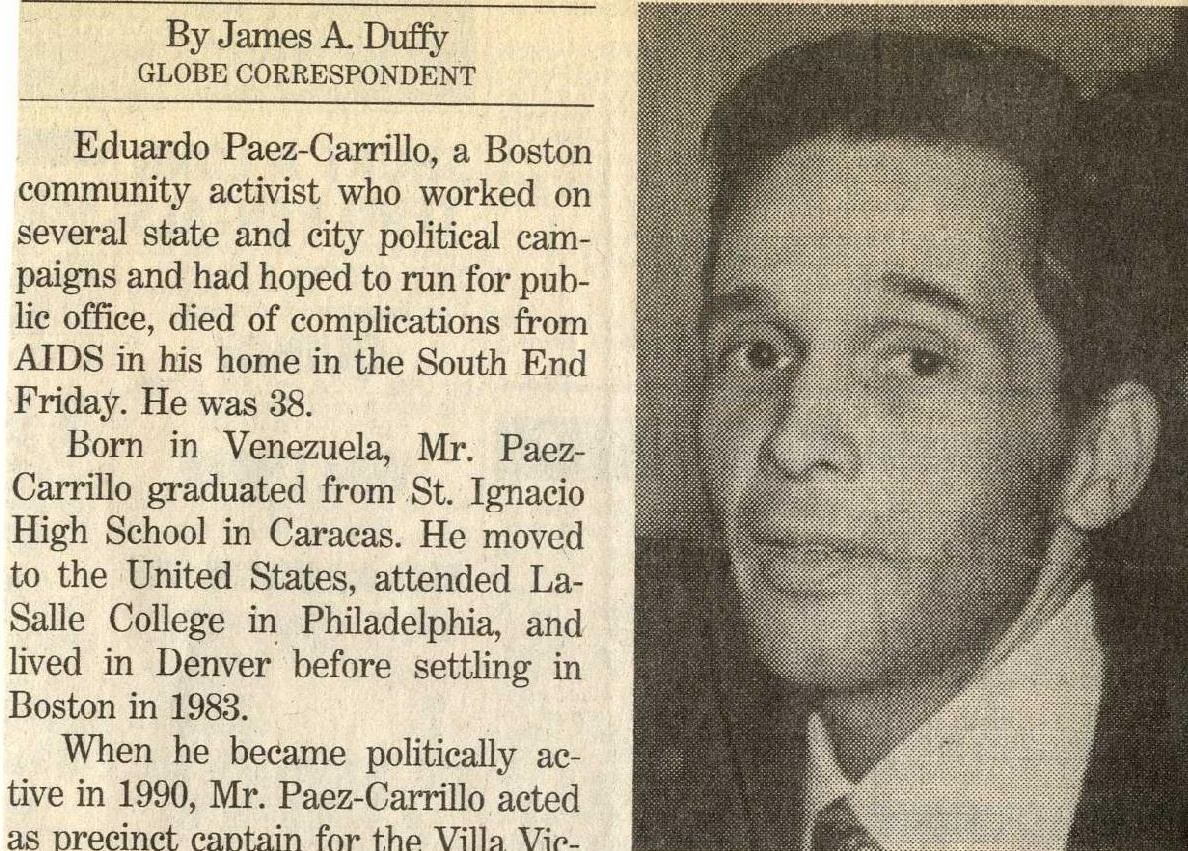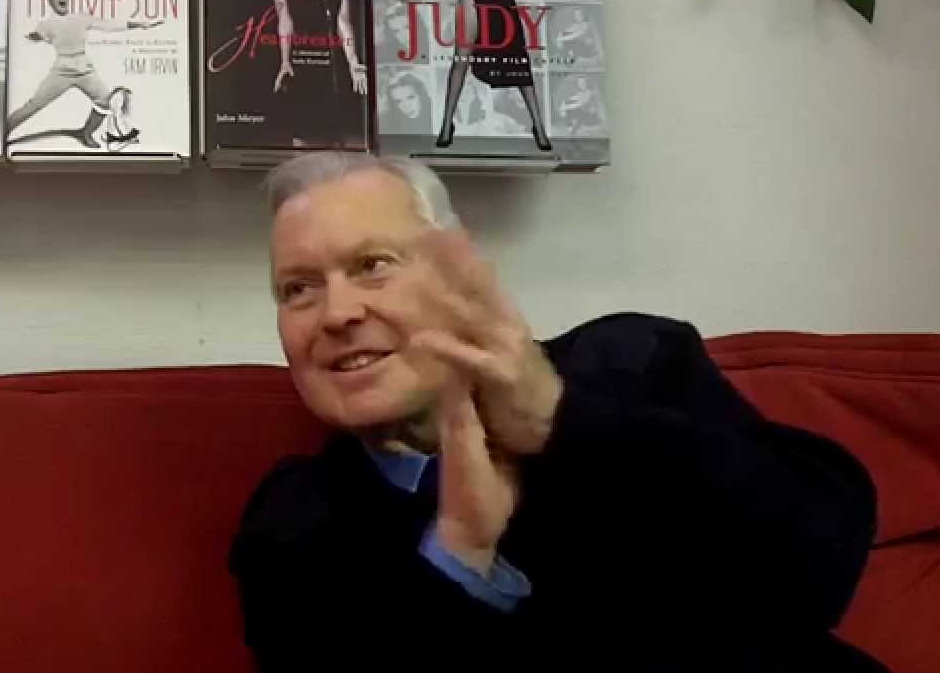Sort by:
Meet Me at Trafton’s

Originally published in Boston Spirit Magazine, May/June 2013, and on Mark Krone's blog Boston Queer History.
Here’s one: Judy Garland, Anthony Perkins and Liberace walk into a bar…
The bar was Charles Trafton’s place on St. Botolph Street, one of the most colorful and storied after-hours places in Boston. Through the years, it attracted sailors and stars, including Judy Garland, Liberace, Anthony Perkins, and a slew of bartenders and theater people who just did not want to go home. For sheer stamina, Trafton was without peer. Alone, he ran the illegal operation from his kitchen seven nights a week from the mid-1940s to the early 1990s. The Boston police, to whom he made payments, raided him regularly, but perfunctorily.
Charles Edward Trafton was born in New Hampshire around 1913 and moved to New York City in the 1930s to become a dancer and chorus member. At a little over five feet tall and reed-thin, Trafton resembled a sprite with wavy blond hair and large blues eyes. He soon found steady work performing in operettas and dance productions along the Eastern seaboard. He met and briefly roomed with actor Gene Barry, when they performed in Rosalinda and The Merry Widow. The night of January 24, 1944, must have glowed for Trafton as he and Barry opened in Rosalinda, produced by Max Reinhardt, at the Schubert Theatre in Boston. The History Project, Boston’s LGBT archive, has a rave review of that night’s performance.
What led Trafton to retire from dancing in the mid-1940s to open an after- hours bar is unknown. As an ex-dancer, he may not have had other marketable skills. An after-hours operation allowed him time and money to attend opera productions and plays in Boston and to earn a steady income while socializing with fellow gay people. By all reports, Trafton was a unique character who created a world that adjusted to him and not the other way around.
Not everyone liked Trafton. He was opinionated and grandiose. Bill Conrad, who worked at many local gay bars in the 1970s, recently recalled their falling out. “I don’t even remember what it was over. It was kind of too bad because we had a lot of interests in common.” Jeffrey Miller, who worked at the 1270 disco and runs the “1270 Boston” Facebook page, saw a kind side. He recalls Trafton taking gay men into his rooming house and lending them money. “He took in lost souls and looked after people.”
During World War II, Trafton acquired a townhouse of single rooms at 124 St. Botolph Street where he rented only to gay men, according to his friend, Stephen Nichols. His bar patrons sat at a long oak table in the kitchen, listening to opera and Broadway show tunes (Trafton strictly controlled the music). The entrance was in the back alley where a row of trashcans were lined up near the door (to some, Trafton was known as “Charley Trashcan,” much to his disapproval). Early on, patrons were mostly sailors and theatre people. Later, when gay bars sprang up in the 1970s, Trafton’s clientele was mostly staff from The 1270, Sporters, and Buddies.
In a recent phone conversation, Nichols recalled meeting Trafton for the first time. “I was a doorman at Sporters and Trafton came in one night with Jimmy Boynton and Michael Buckley. Buckley talked like Tallulah (Bankhead), a real flamboyant queen. He says to me, ‘Stephen dahling, I want you to meet Charles Trafton.’ There was this diminutive man, in his 60’s with wavy white hair and those thyroid eyes that looked like they would pop out of his head. He had this flowery shirt, open to the navel. He extended his hand to be kissed, saying ‘charmed to meet you.’ I was 26 at the time and I thought, this is a hoot.”
According to Nichols, Trafton ran a tight ship. “Your hands had to be on the table. If you came in with a date, you couldn’t hold hands or put your arm on his shoulder. And no kissing. Charles would always say, “Don’t fool around. We don’t do things like that here.”
Not everyone obeyed, however. When Liberace (Lee to his friends) came to Boston to perform about once a year, he would arrive at Trafton’s with a “pretty boy.” “Charles would tell Lee not to grope his friend and keep his hands above the table but he never listened. One time Lee got so sloshed, Charles had to put him to bed. He let Lee sleep it off until 8 am and then put him in a cab back to his hotel. Charles said after a performance, Judy Garland would go to the Napoleon Club and then to his place. Tony Perkins liked to dance at a gay club and then went to Trafton’s. They all got sloshed.”
When Trafton first told Nichols about his famous patrons, Nichols made the mistake of expressing skepticism. Out came a photo album with pictures of the stars sitting at the very same table where Nichols sat. “Do you recognize the sink, do you recognize the table, (pointing to Garland) do you recognize her,” asked Trafton.
One night there was a knock at the door. “Charles always knew it was the cops because they knocked instead if using the door bell. All of the drinks were put away. He opened the door, in walks a young cop. Obviously, they knew each other and the cop says, ‘Oh, come on Charley,’ as if to say where are you hiding the drinks? So, Charles said to us, ‘I’ll get my coat. Hold down the fort, I’ll be back.’ He was sashaying back into the kitchen within 90 minutes and said, ‘I’ll have to raise my drink prices for a month’ (to make up for the payment he had made).”
For all his individuality, perhaps Trafton was not much different from other gay men of his era. He kept a low profile in the straight world but let loose within the safety of his bar. “Charles loved the spotlight incognito. In his kitchen, he was the center of attention, but on the street he wanted anonymity,” says Jeffrey Miller.
By the late 1980s, Stephen Nichols had quit drinking and hadn’t been to Trafton’s place in several years. They bumped into each other at the old Star Market in the Prudential Center in the early 1990s. “He (Trafton) was looking fragile. I told him the only reason I had not been in to see him was because I stopped drinking and went to bed early. He told me to come on over anyway, just call ahead. The man was one of a kind. He was up and serving right up to his final illness. We won’t see anyone like him again.”
Top Related Stories
Bulletin: Gay and Lesbian Labor Activist Network (September 2019)
In honor of Labor Day, this month's focus is on the Gay and Lesbian Labor Activist [...]
In honor of Labor Day, this month's focus is on the Gay and Lesbian Labor Activist [...]
Bulletin: World AIDS Day (December 2019)
Sunday, December 1 was World AIDS Day. For those of us who lived through the years [...]
Sunday, December 1 was World AIDS Day. For those of us who lived through the years [...]
John Mitzel Isn’t Going Anywhere
Originally published in Boston Spirit Magazine, September/October 2012, and on Mark Krone's blog Boston Queer History [...]
Originally published in Boston Spirit Magazine, September/October 2012, and on Mark Krone's blog Boston Queer History [...]


